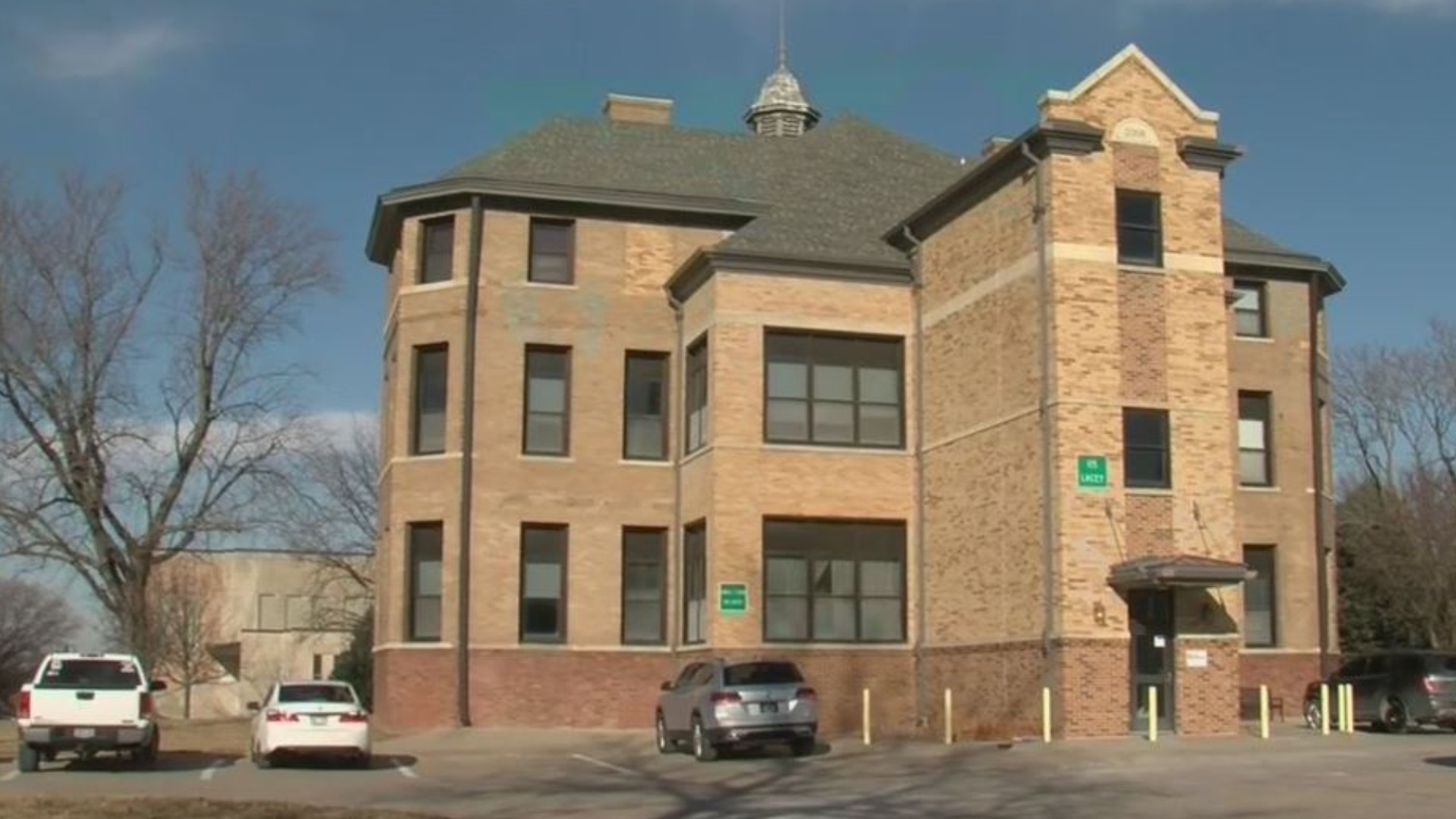DES MOINES, Iowa — Iowa is violating the rights of people with disabilities by failing to provide them with integrated services that meet their needs and institutionalizing them instead of offering community-based options.
That's what the United States Department of Justice (DOJ) concluded in the second and final phase of its investigation into the two state-run facilities for people with intellectual and developmental disabilities (IDD).
The Iowa Department of Human Services (DHS) is in charge of the facilities in question, the Glenwood and Woodward Resource Centers.
The investigation started in November 2019 with the Civil Rights Division and the Office of the U.S. Attorney for the Southern District of Iowa. Federal officials started the investigation following reports of human experimentation.
In December 2020, the DOJ released a report detailing its history of investigating the facilities and its belief that Iowa has a pattern of endangering residents and violating their rights by conducting experiments without consent.
Wednesday's report, which is 31 pages long, sheds light on Iowa's fractured system that provides care to its most vulnerable population. The full report can be viewed below:
The DOJ's "extensive" investigation concludes Iowa violates Title II of the Americans with Disabilities Act (ADA) by "failing to provide services to people with IDD in the most integrated setting possible."
In short, the DOJ says Iowa's resources centers don't provide residents with opportunities to interact with people without disabilities through community-based activities and rely heavily on institutions to care for these individuals.
The DOJ says Iowa's system "drives people with IDD to institutions for multiple reasons, including inadequate community alternatives to institutions for behavioral, crisis, and physical health supports."
The agency claims providing care for people with IDD has better benefits in community-based settings and is a cheaper option for the state.
In 2007, Iowa applied for a Money Follows the Person (MFP) Demonstration Grant to address "significant barriers" contributing to this institutional bias, like lack of information on community living alternatives and absences of behavioral supports.
Even though the state tried to address these issues, the DOJ's report says "the same problems remain today."
Another issue highlighted by investigators is the difficulty residents find with transitioning out of these facilities. The DOJ says "Iowa has neglected work that is critical to accomplishing successful transitions" from Glenwood and Woodward.
The report notes that state and Managed Care Organization (MCO) staff aren't trained to provide options to residents or their guardians. The DOJ says the state doesn't provide any clarity for what these workers should do when engaging with residents and guardians about other services besides institutions.
The report describes one instance of this for a Glenwood resident who has lived at the facility for nearly 50 years. The DOJ says this resident could easily be served in the community.
At Glenwood, this resident lives with 13 others. He has harmed himself in the past, something that the DOJ says happens frequently among people with IDD. Behavior staff believes he would be happier and safer if he lived somewhere quieter.
Catch up on the DOJ's investigation on Local 5's YouTube channel
While the resident's favorite things to do were outside the facility, the DOJ discovered the resident only left Glenwood 14 times in all of 2019. When the DOJ spoke with his guardian, she said she was completely unaware that her loved one could live in a different setting.
According to the report, many residents and their guardians had a similar story.
Investigators determine in their report that Iowa "does not conduct meaningful oversight to ensure individual service and transition planning and education about community options are being delivered properly and effectively by staff at the Resource Centers."
The report says community transitions have declined from about 31 in 2010 and 36 in 2011 to only five in 2018, seven in 2019 and 10 in 2020. The combined monthly average census between these facilities dropped from 368 people in January 2017 to 300 in January 2021.
"This decrease includes not only community transitions, but also transfers to other facilities and deaths," the report says. "In fact, during the past four years, the facilities' mortality rate exceeded their transition rate."
Later on in the report, the DOJ says it is willing to work with the state to improve these conditions. If a resolution can't be reached, the DOJ will be forced to launch a lawsuit to bring the state into compliance with the ADA.
That potential lawsuit could happen in just 48 days.
In a statement, DHS Director Kelly Garcia acknowledges the state's overreliance on institutional settings. That statement reads in part:
"With new leadership, my team is committed to building out the array of services to ensure individuals are able to live their most independent lives possible.
Although these findings are significant and we take them incredibly seriously, we are not surprised by anything identified in the report. We have been working closely with the DOJ and have been working internally to address many of the findings throughout the past two years. We’re proud of the work we’ve already done—during a pandemic—and are committed to continued progress. We express our appreciation of the partnership and collaboration we’ve had with the DOJ since day one."
Garcia says the department has spoken with federal partners and is in the process of reviewing all of the DOJ's findings in more detail. She also says that discussions between the state's legal counsel and the DOJ continue on the next steps. She also says the well-being of residents in the state's care "continues to be our highest priority."

